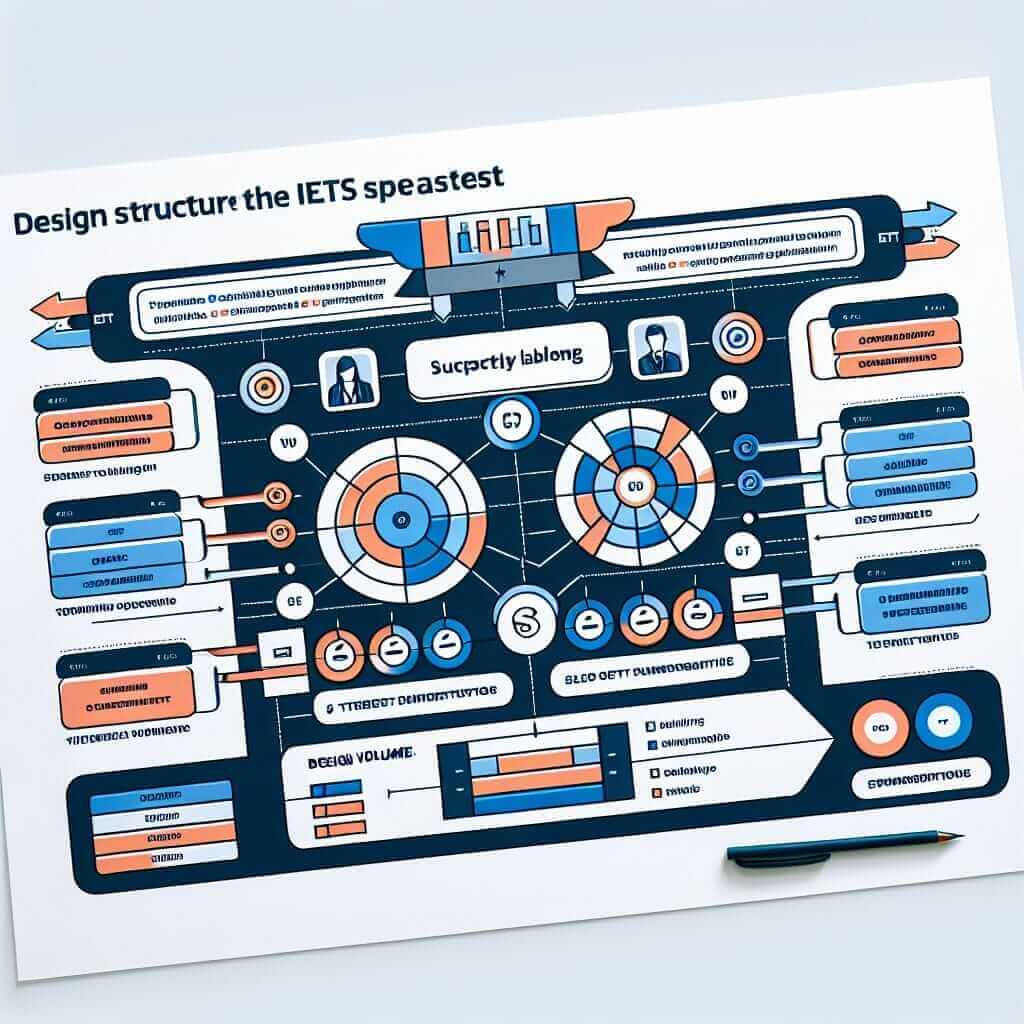Understanding the Task
As experienced IELTS instructors, we often encounter passages that challenge our perception of reality. The IELTS Reading passage, “Are Artists Liars?” is one such example. This intriguing title often leaves students both curious and apprehensive. This article aims to dissect this passage, exploring its key themes and equipping you with strategies to tackle similar IELTS reading challenges.
Nội dung bài viết
Delving into “Are Artists Liars?”
This passage delves into the complex relationship between art and truth. It questions whether artists, through their creative expression, intentionally deceive or manipulate their audiences.
 Abstract Art vs Realism
Abstract Art vs Realism
Key Concepts and Arguments
The passage might explore various facets of this debate:
- The Nature of Art: It might discuss different artistic philosophies, some emphasizing realistic representation while others championing abstract expression.
- Intention vs. Interpretation: The passage might argue that an artist’s intention doesn’t necessarily dictate the audience’s interpretation. A work of art can evoke diverse, even contradictory, emotions and understandings.
- Artistic License: The text could explore the concept of “artistic license,” where artists use creative liberties to deviate from reality for emotional impact or symbolic representation.
Navigating the Passage
- Active Reading: Approach the passage with an active mind. Underline key arguments, note down unfamiliar vocabulary, and summarize paragraphs in your own words.
- Understanding the Question Types: Be prepared for various question types, including:
- True/False/Not Given: These assess your ability to identify information explicitly stated or implied in the text.
- Matching Headings: These test your comprehension of the main ideas of paragraphs or sections.
- Multiple Choice: These evaluate your understanding of specific details and inferences.
- Vocabulary in Context: Pay close attention to how unfamiliar words are used within the passage. Often, the context itself provides clues to their meaning.
Example Question
Do the following statements agree with the views of the writer in the reading passage?
Statement: Artists who primarily focus on realistic representation are more truthful than abstract artists.
To answer this, you need to carefully analyze the passage’s discussion on different artistic styles and whether any hierarchy of truthfulness is suggested. Remember, the answer isn’t about your personal opinion but what the passage explicitly states or implies.
Tips for Success
- Practice Makes Perfect: Regularly engage with diverse IELTS reading passages to enhance your comprehension and speed.
- Expand Your Vocabulary: Actively build your vocabulary, focusing on words commonly found in IELTS texts.
- Time Management: During the exam, allocate your time wisely to ensure you complete all passages within the given timeframe.
Conclusion
The “Are Artists Liars?” passage, like many IELTS reading texts, challenges you to think critically and interpret information effectively. By understanding the potential themes, practicing active reading strategies, and familiarizing yourself with question types, you can confidently approach this and similar passages. Remember, the key to success lies in consistent practice, a strong vocabulary, and the ability to decipher the nuances of language.


